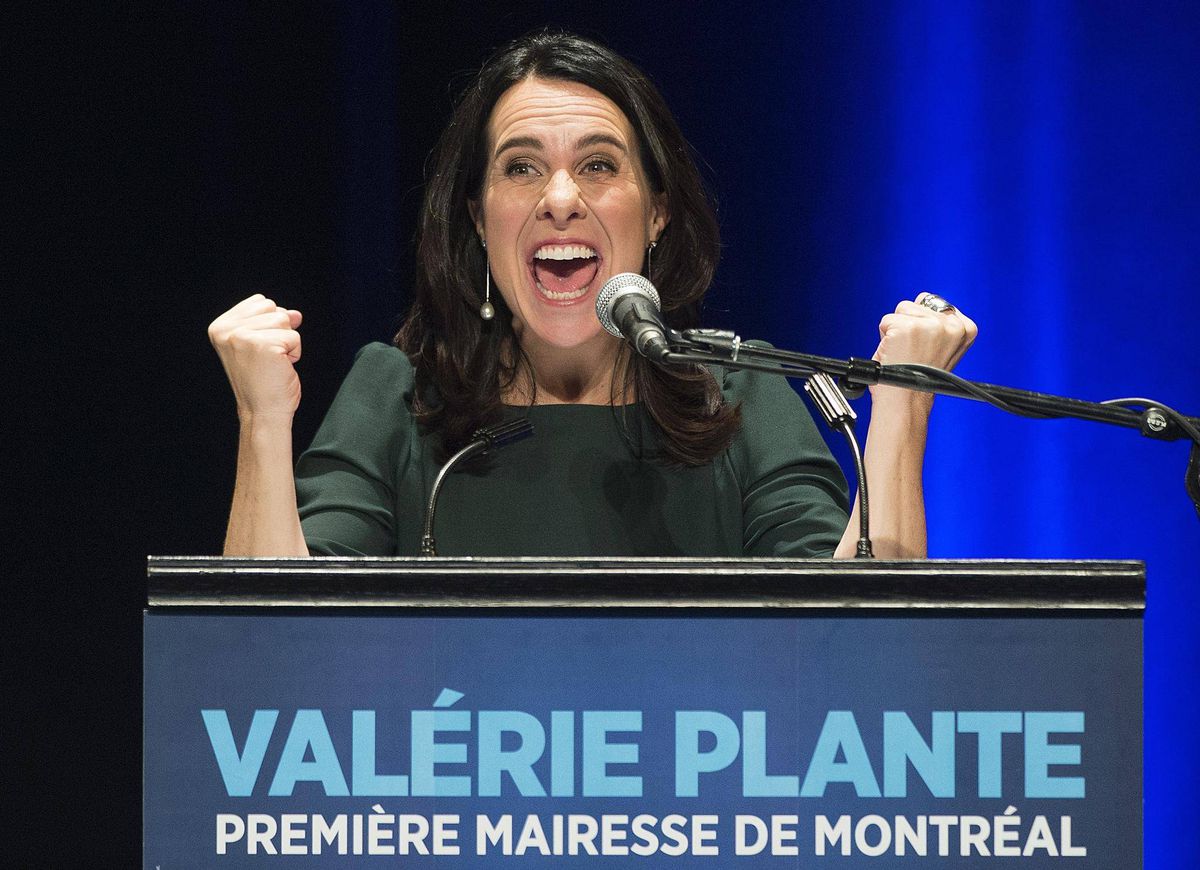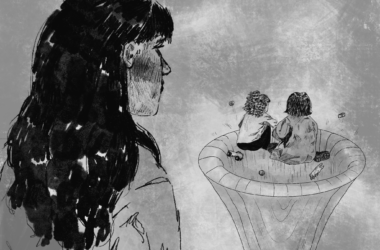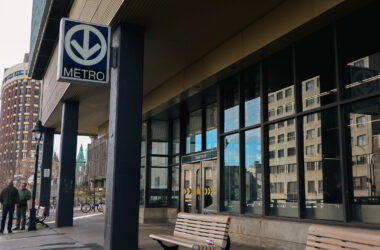The importance of youth involvement in politics was evident to me well before I started my studies at McGill. The mayor of my hometown–Moncton, New Brunswick–once told me, “I hear from a lot of older people, every day. Unfortunately, I don’t hear from many young people […] and yet every decision that we make will impact [them] much more than anyone else.”
I arrived in Montreal several months ago with no knowledge of the city’s idiosyncratic political system, but this did not discourage me from getting involved. A Google search educated me on the borough system and the various parties competing in the November 2017 municipal election. My views most aligned with those of Projet Montréal, a party created in 2004 by environmentalists focused on sustainable development. Shortly after filling out a form on Projet Montréal’s website, I received an email detailing the ways in which I could help out. Just a few days later, I found myself canvassing Montreal with candidates, knocking on doors and handing out flyers. I soon realized how valuable the experience would be to me, and why all McGill students should pursue personal and professional growth by seeking out similar opportunities.
There is a perceived barrier to entry for youth seeking to become involved in the political world, and we students must dispel it. Many who come to McGill from elsewhere unconsciously trap themselves inside the “McGill bubble.” As deadlines loom and work piles up, students feel less and less motivated to venture far from campus. But, this behaviour insulates McGillians from all that the rest of Montreal has to offer. Through political volunteerism, students can see parts of the city that they otherwise would never think to visit, all while effecting change in their community and building a better future.
According to LinkedIn, 70 per cent of new hires in 2016 found employment at companies where they had a previous connection. An exciting chance to shine for some, a necessary evil for others, networking is indisputably an integral part of the professional world. In light of such statistics, all students would be wise to start building their respective networks as early as possible. Political volunteerism is an excellent way of accomplishing this: Working on a campaign is a great avenue to meet influential and inspiring people, including many native Montrealers who can share opportunities and provide new perspectives on the city. However, the benefits extend far beyond making new friends and netting LinkedIn connections.
Grassroots political work actually does have a huge impact on election outcomes, especially in municipal elections, which have small electorates relative to those in provincial and federal politics. Going door-to-door during the 2017 Montreal municipal election campaign, I felt that my conversations genuinely impacted the perspectives of many of the people I spoke with; I was surprised by the number of voters who changed their minds or solidified their views after talking with me. Importantly, my age wasn’t an impediment to my work. If anything, it was a boon. Since youth are underrepresented in Montreal politics, simply having a young person on the campaign trail is refreshing for all involved, and contributes to a wider diversity of voices shaping the city’s future.
Valérie Plante’s victory marked the first election in the city’s 375-year history of a woman to the office of mayor. A charismatic, progressive, and strong woman now occupies the highest public office of Montreal. I certainly took some pride in the small role I played in determining the outcome. Although the city will not have another municipal election until 2021, Quebec is gearing up for an provincial election in October 2018, bringing more opportunities for student involvement in local political campaigns. Polls show support for the incumbent Liberal Party–which has held power for 13 of the past 15 years–is quickly slipping, making the lead-up to this election particularly interesting. There may be significant opportunity for students to impact its outcome.
McGill students can shape Quebec. Our university is full of Canada’s brightest, most ambitious, hardest-working activists—students ready to make their mark. No matter where a student is from, and regardless of whether they stay in Montreal after graduation, their voice is valuable in supporting whichever candidate they believe is best posed to improve the fascinating city and beautiful province in which we’re privileged to study. The benefits of involvement are enormous. It’s time for students to move beyond the McGill bubble and get involved in the upcoming provincial election.









